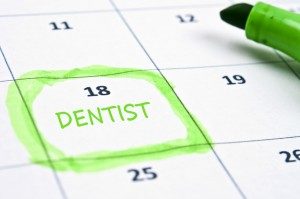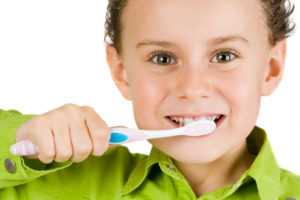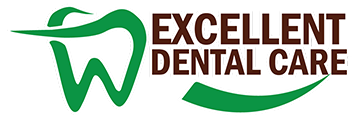Preventive Dentistry
Preventive Dentistry can reduce costs.
 Regular preventive dentistry, early diagnosis and treatment can help you avoid more costly dental problems that may develop or be worsened by lack of basic preventive care. For example, for non-preventive services, your share of the costs progressively climbs as the type of dental procedure becomes more involved. Many dental plans require a 20 percent coinsurance level if you need a cavity filled. More extensive procedures such as a root canal, crown, bridge or periodontal work (to treat gum disease) can require a 50 percent patient coinsurance level. The costs of such procedures can also be high in comparison to more basic services, sometimes costing upwards of $1,200.
Regular preventive dentistry, early diagnosis and treatment can help you avoid more costly dental problems that may develop or be worsened by lack of basic preventive care. For example, for non-preventive services, your share of the costs progressively climbs as the type of dental procedure becomes more involved. Many dental plans require a 20 percent coinsurance level if you need a cavity filled. More extensive procedures such as a root canal, crown, bridge or periodontal work (to treat gum disease) can require a 50 percent patient coinsurance level. The costs of such procedures can also be high in comparison to more basic services, sometimes costing upwards of $1,200.
Annual maximums (the total cost of care above which a dental program will not pay) are frequently in the range of $1,000 to $1,500 per person. As a result, you can find yourself running out of benefits if you or your family needs extensive dental work.
Regardless of what kind of dental plan you have, avoid the costs and discomfort of major dental work and advanced dental disease by scheduling routine checkups and keeping up good daily oral hygiene habits.
We want you to have a beautiful smile and healthy teeth! We have put some information together to make sure you are taking the best preventive care for your teeth.
[su_row][su_column size=”1/2″]
 Preventive Dental Care: At least every 6 months
Preventive Dental Care: At least every 6 months
If your teeth are in good condition, you should come to see us for a checkup at least twice a year. If your teeth are predisposed to problems, you should be on the safe side and make an appointment for preventative care regularly.
Our tip: Come in for a consultation and make the next appointment after each visit.
[/su_column]
[su_column size=”1/2″]
 Start ’em early
Start ’em early
Proper oral hygiene habits are learned early. As soon as your toddler can manage a toothbrush (24-30 months), supervised brushing instructions can create beneficial habits that last a lifetime. Remember, children under 6 should be supervised at all times as swallowing toothpaste can be harmful.
Excellent Dental Care Center recommends a first dentist visit somewhere in the third year. Establishing regular visits at a young age has proven to improve the health and stability of adult teeth.[/su_column]
[/su_row]

